Intro
Covid during pregnancy risks: Understand the potential complications, symptoms, and effects on fetal health, including prenatal care and vaccination considerations.
The COVID-19 pandemic has brought about numerous challenges for individuals across the globe, and one of the most vulnerable groups is pregnant women. Pregnancy is a critical period where the health and well-being of both the mother and the fetus are of utmost importance. The risk of COVID-19 during pregnancy has raised concerns among expectant mothers, healthcare providers, and researchers. Understanding the risks associated with COVID-19 during pregnancy is essential to ensure the best possible outcomes for both the mother and the baby.
Pregnancy involves significant changes in the body's immune system, cardiovascular system, and respiratory system, making pregnant women more susceptible to respiratory infections like COVID-19. The risk of severe illness from COVID-19 is higher in pregnant women, particularly those with underlying medical conditions. Furthermore, the physical changes during pregnancy, such as increased heart rate and blood volume, can make it more challenging for the body to cope with the infection.
The impact of COVID-19 on pregnancy outcomes is a topic of ongoing research. Studies have shown that pregnant women with COVID-19 are at a higher risk of preterm birth, low birth weight, and stillbirth. Additionally, COVID-19 during pregnancy has been linked to an increased risk of maternal morbidity and mortality. The psychological impact of COVID-19 on pregnant women should not be underestimated, as the stress and anxiety associated with the pandemic can have long-lasting effects on mental health.
Covid-19 Risks During Pregnancy
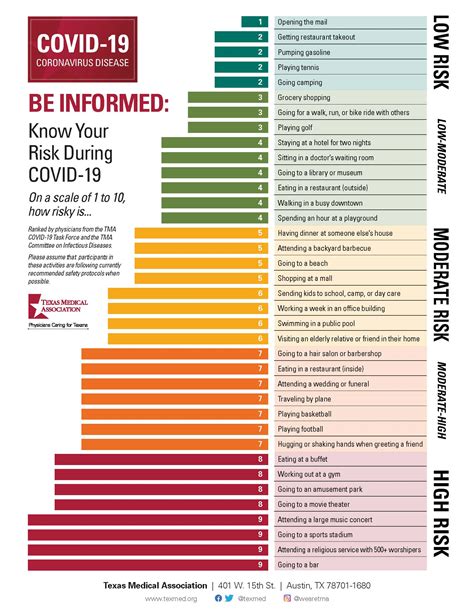
The risks associated with COVID-19 during pregnancy can be categorized into several areas, including maternal health, fetal health, and pregnancy outcomes. Maternal health risks include severe illness, hospitalization, and death. Fetal health risks include preterm birth, low birth weight, and stillbirth. Pregnancy outcomes, such as cesarean delivery and maternal morbidity, are also affected by COVID-19.
Maternal Health Risks
The maternal health risks associated with COVID-19 during pregnancy are significant. Pregnant women with COVID-19 are at a higher risk of developing severe illness, which can lead to hospitalization and even death. The risk of severe illness is particularly high in pregnant women with underlying medical conditions, such as diabetes, hypertension, and heart disease.Transmission of Covid-19 to the Fetus
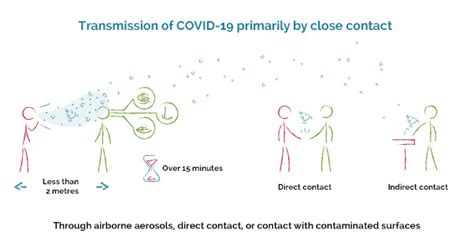
The transmission of COVID-19 to the fetus is a topic of ongoing research. Studies have shown that the risk of vertical transmission, where the virus is passed from the mother to the fetus, is low. However, the risk of vertical transmission is higher in pregnant women with severe COVID-19 illness. The exact mechanisms of vertical transmission are not fully understood, but it is believed to occur through the placenta or during delivery.
Fetal Health Risks
The fetal health risks associated with COVID-19 during pregnancy are significant. Preterm birth, low birth weight, and stillbirth are all potential complications of COVID-19 during pregnancy. The exact mechanisms by which COVID-19 affects fetal health are not fully understood, but it is believed that the maternal immune response and inflammation play a critical role.Pregnancy Outcomes and Covid-19
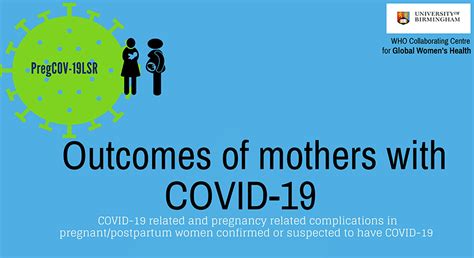
The impact of COVID-19 on pregnancy outcomes is a topic of ongoing research. Studies have shown that pregnant women with COVID-19 are at a higher risk of cesarean delivery, maternal morbidity, and mortality. The exact mechanisms by which COVID-19 affects pregnancy outcomes are not fully understood, but it is believed that the maternal immune response and inflammation play a critical role.
Preterm Birth and Covid-19
Preterm birth is a significant complication of COVID-19 during pregnancy. Studies have shown that pregnant women with COVID-19 are at a higher risk of preterm birth, which can lead to a range of short-term and long-term health problems for the baby.Management of Covid-19 During Pregnancy
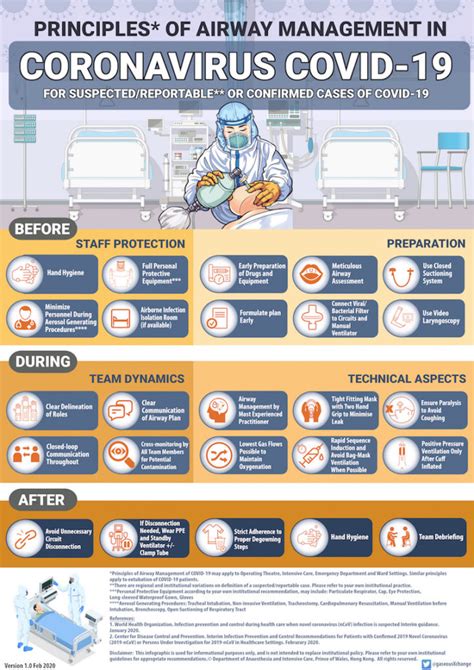
The management of COVID-19 during pregnancy involves a range of strategies, including vaccination, infection control measures, and supportive care. Vaccination is a critical component of COVID-19 management during pregnancy, as it can help prevent severe illness and reduce the risk of transmission to the fetus.
Vaccination and Covid-19 During Pregnancy
Vaccination is a safe and effective way to prevent COVID-19 during pregnancy. The COVID-19 vaccine has been shown to be highly effective in preventing severe illness and reducing the risk of transmission to the fetus. Pregnant women should discuss vaccination with their healthcare provider to determine the best course of action.Coping with Covid-19 During Pregnancy
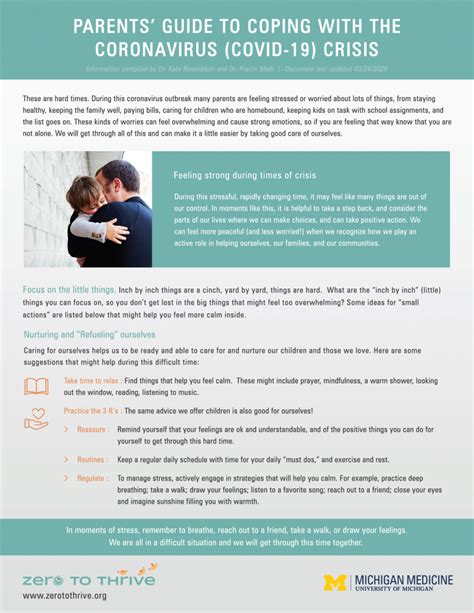
Coping with COVID-19 during pregnancy can be challenging, both physically and emotionally. Pregnant women should prioritize self-care, including getting plenty of rest, eating a healthy diet, and staying hydrated. Additionally, pregnant women should stay connected with their healthcare provider and follow their advice to ensure the best possible outcomes for both the mother and the baby.
Support Systems and Covid-19 During Pregnancy
Support systems are critical for pregnant women coping with COVID-19. Family, friends, and healthcare providers can all play a vital role in providing emotional support and practical assistance. Pregnant women should not hesitate to reach out for help when needed, as having a strong support system can make a significant difference in managing the challenges of COVID-19 during pregnancy.Future Directions and Covid-19 During Pregnancy
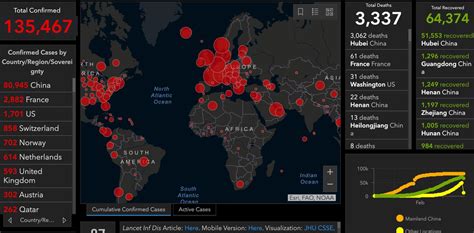
The future directions for COVID-19 during pregnancy involve ongoing research and surveillance to better understand the risks and management strategies. Additionally, healthcare providers and policymakers must work together to ensure that pregnant women have access to high-quality care and support during the pandemic.
Research Priorities and Covid-19 During Pregnancy
Research priorities for COVID-19 during pregnancy include understanding the mechanisms of vertical transmission, the impact of COVID-19 on fetal health, and the effectiveness of vaccination and other management strategies. Additionally, research should focus on developing effective support systems for pregnant women coping with COVID-19.Conclusion and Final Thoughts

In conclusion, COVID-19 during pregnancy is a complex and challenging topic that requires careful consideration and management. Pregnant women, healthcare providers, and researchers must work together to ensure the best possible outcomes for both the mother and the baby. By prioritizing vaccination, infection control measures, and supportive care, we can reduce the risks associated with COVID-19 during pregnancy and promote healthy outcomes for all.
We invite you to share your thoughts and experiences with COVID-19 during pregnancy in the comments below. Your insights and perspectives can help inform and support others who are navigating this challenging time. Additionally, we encourage you to share this article with others who may be interested in learning more about COVID-19 during pregnancy.
What are the risks of COVID-19 during pregnancy?
+The risks of COVID-19 during pregnancy include severe illness, hospitalization, and death, as well as preterm birth, low birth weight, and stillbirth.
Can COVID-19 be transmitted to the fetus?
+The risk of vertical transmission, where the virus is passed from the mother to the fetus, is low, but it is higher in pregnant women with severe COVID-19 illness.
What is the best way to manage COVID-19 during pregnancy?
+The best way to manage COVID-19 during pregnancy involves a range of strategies, including vaccination, infection control measures, and supportive care, as well as prioritizing self-care and staying connected with healthcare providers.
What are the future directions for COVID-19 during pregnancy?
+The future directions for COVID-19 during pregnancy involve ongoing research and surveillance to better understand the risks and management strategies, as well as ensuring that pregnant women have access to high-quality care and support during the pandemic.
How can I cope with COVID-19 during pregnancy?
+Coping with COVID-19 during pregnancy involves prioritizing self-care, including getting plenty of rest, eating a healthy diet, and staying hydrated, as well as staying connected with healthcare providers and support systems.
